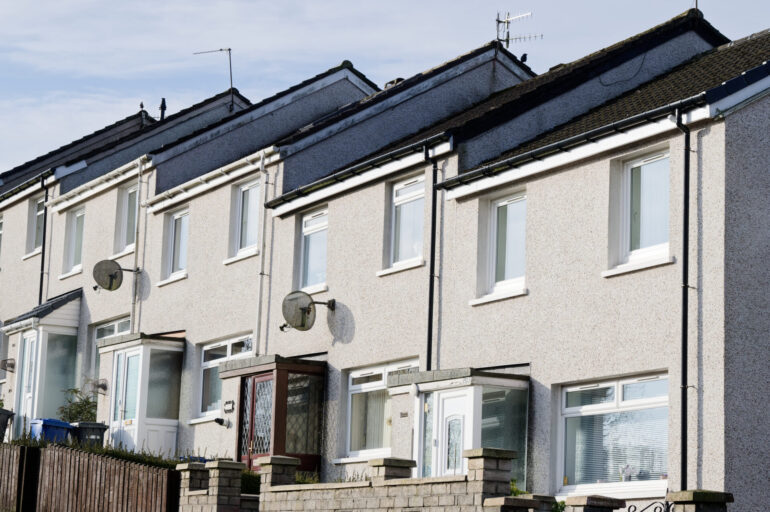The Regulator of Social Housing (RSH) has warned that too many lease-based providers of specialised supported housing are failing to meet required standards, leaving vulnerable tenants exposed to financial and operational risk.
Although specialised supported housing is designed to offer independent living to people with complex needs, backed by high levels of support, RSH has highlighted persistent concerns about the way some social landlords operated this model – particularly when leasing properties from third-party investors on long, inflation-linked deals.
The regulator has seen repeated cases of poor governance, weak financial management and landlords entering insolvency when the risks of these leases materialise.
In some cases, landlords have signed up to unfavourable lease terms or acquired unsuitable homes, often due to serious conflicts of interest in decision making.
The report outlined systemic problems across the sector.
Social landlords often face an imbalance of risk and reward when leasing from freeholders.
While responsible for maintaining properties and managing void periods when homes are empty, landlords still pay significant, often rising lease costs over long terms – typically 10 years or more.
Many landlords lack the resources or capacity to manage these risks effectively, with some failing to plan for maintenance costs or periods without rental income.
Others have taken on portfolios of homes without adequate knowledge of tenant needs or property condition, leading to poor tenant outcomes and questionable rent claims.
Boards of these organisations have also come under scrutiny for failing to fully understand their lease liabilities or to challenge risky decisions at the outset.
RSH has concluded that current lease terms do not give landlords enough flexibility to manage their responsibilities properly.
Without major improvements to governance, risk management and lease negotiation, the regulator warns the model is unlikely to be sustainable.
Jonathan Walters, deputy chief executive of RSH, said: “Some landlords that provide specialised supported housing are exposed to a significant number of risks as a result of long-term and inflexible lease structures.
“The burden of risk often lies with the social landlord rather than the freeholder, and this can lead to viability issues and poor outcomes for tenants.”
RSH said it would continue to intervene where landlords are falling short and is keeping regulatory action under review.




